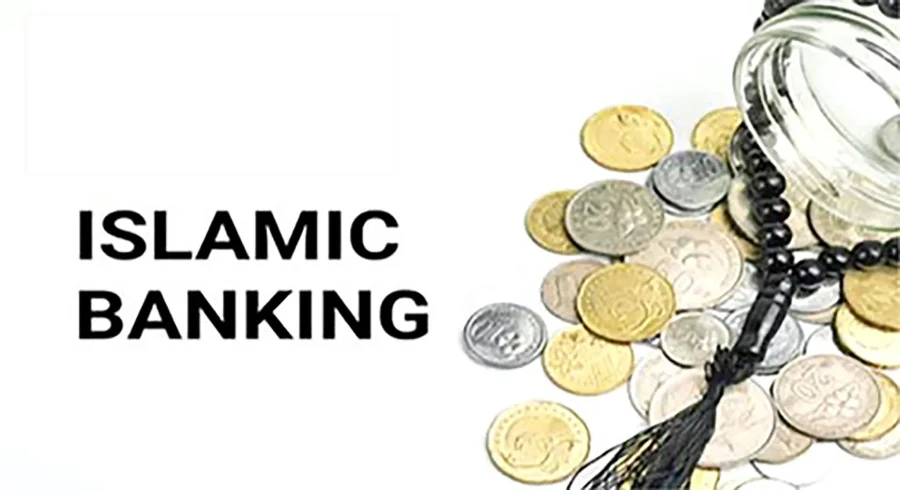The UK will maintain its status as a Western hub for the Islamic finance industry, despite the industry being niche domestically, Fitch Ratings says. This is on the back of the government’s promotion of the role of the London Stock Exchange as a key international sukuk listing venue, its sizeable Islamic funds segment, and its capable human capital – including its professional and legal services, which cater to Islamic finance globally. English law also governs the majority of international sukuk, and the UK is one of the leading listing hubs for international sukuk globally.
The London Stock Exchange lists more than 55 sukuk, with over USD50 billion outstanding as of 1Q23. The UK became the first western country to issue sovereign sukuk in 2014, and issued a follow-up in 2021 to support its Islamic finance credentials.
In 2018, the first sterling-denominated Islamic Residential Mortgage-Backed Securities was issued by a bank, with no private-sector sukuk issued since. UK-based conventional banks are key arrangers of international sukuk. Additionally, the London Metal Exchange (LME) is often accessed by Islamic banks in many countries to facilitate cash financing to customers through tawarruq contracts.
The assets under management of UK-based Islamic funds totalled USD280.6 million as of 1Q23 which recorded a growth of 2.9% compared to the previous quarter (4Q22: USD272.7 million), corresponding to four active funds. The UK is facing competition in the Islamic mutual fund industry from Luxemburg, an industry leader, followed by Ireland, the Cayman Islands, and Jersey.
However, the UK domestic Islamic finance segment is niche and unlikely to gain mainstream relevance in the long run. Domestic Islamic banks’ total assets crossed USD6.5 billion at end-2022 – or 0.1% market share of domestic system assets. Most Islamic banks provide wealth-management and real estate financing solutions to GCC clients, while some conventional banks have stopped offering Islamic products. Domestic sukuk issuance remains very low, and the takaful segment is embryonic.
All UK Islamic banks have GCC shareholders (including the Bank of London and The Middle East plc; A/Stable), which supports government initiatives in attracting foreign direct investments. The government has enacted enabling regulatory, legal and tax frameworks for Islamic banking. Islamic banks are subject to the same regulatory treatment and prudential rules as conventional banks, and are regulated by the Financial Conduct Authority and the Prudential Regulatory Authority. Additionally, the Financial Services Compensation Scheme applies to Islamic banks as well. UK does not have a central sharia board or national sharia governance framework.
There is low demand for Islamic products in the UK as Muslims make up just over 5% of the population, and almost half have never used Islamic finance products, according to 2019 data from the UK’s Gatehouse Bank.
Demand is also challenged by limited public awareness, sharia-sensitivity, confidence in the sharia-compliance of products, a small distribution network, and fewer product offerings than conventional banks. In countries where Islamic banking is niche and not fully evolved, Islamic financing products often tend to be more expensive than conventional one, which also lowers demand.
The UK has a large international financial services industry, with the government promoting London as an international financial centre.
The country remains among key foreign investment destinations for investors in the GCC and many Organisation of Islamic Cooperation (OIC) countries.
We expect the UK to be able to maintain the status for the leading Islamic finance western hub over the medium term.
However, the domestic Islamic finance industry will continue to be niche, with a lot of barriers to be crossed before releasing its full potential.—Zawya News









